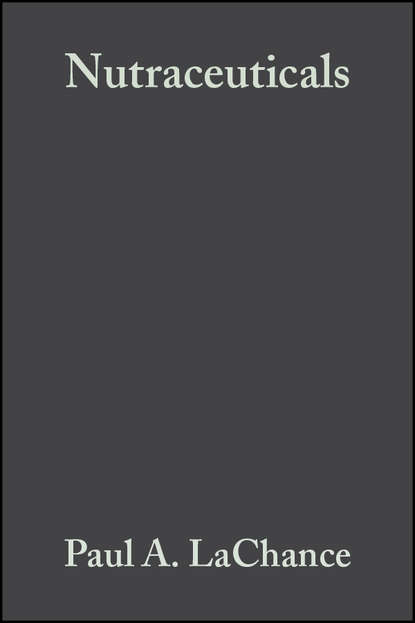
Nutraceuticals скачать fb2
Paul LaChance A. - Nutraceuticals краткое содержание
Phytochemicals are components acting individually, additively or synergistically, usually as a component of whole food, that have the characteristics of providing protective, preventative and possibly curative roles in the pathogenesis of cancer and other chronic disease progressions. Nutraceutical is a term used to describe beneficial phytochemicals. The mechanisms of action of nutraceuticals may be one of several. Free radical scavenger and antioxidant nutraceuticals can nullify damage by any number of biochemical mechanisms, but some also exert benefit by enhancing immune function. A conservative economic analysis was done in 1993 of solely hospital care costs and the roles that three nutrient antioxidants could exert on cardiovascular disease, breast cancer and cataracts. The study considered the potential impact of only three antioxidants, vitamins C and E, and beta-carotene, and the possible annual savings in hospital care costs alone, which could exceed 8 billion dollars. Expert public health physicians believe that as much as 70% of disease is preventable. The chapters in this book were organized to reveal existing and emerging knowledge of nutraceuticals found in garlic, soy and licorice. Lead chapters discuss the epidemiological evidence, and following chapters discuss chemical or biochemical evidence at the cellular level, as well as the presentation of some clinical data. A major conclusion of the overall effort is that the science of nutraceuticals is very incomplete, but that findings to date have great promise.
Чтобы оставить свою оценку и/или комментарий, Вам нужно войти под своей учетной записью или зарегистрироваться



